8. Close-Up (1990)
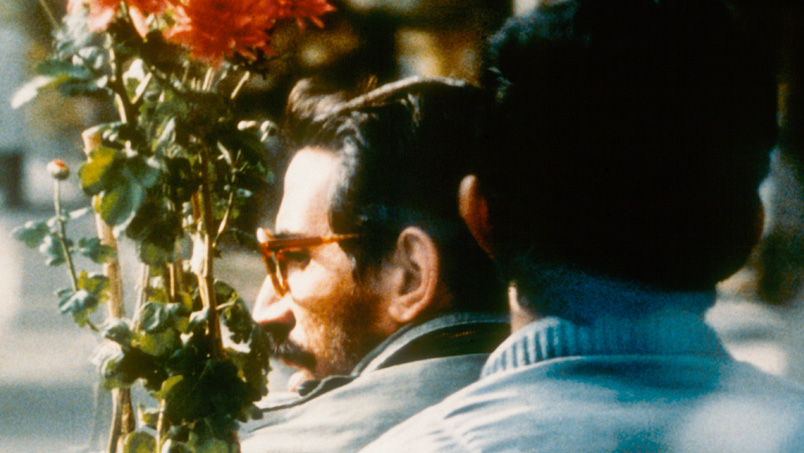
His demise not only left a gap in the film industry around the world, but has also left many to wonder what it means to incorporate reality/simplicity in film. The maker of “Taste of Cherry” and “Through the Olive Trees,” Abbas Kiarostami has continued to show his audience firm examples of a craft that goes behind creating slow cinema.
This 1990 docudrama, is a fascinating story about people involved in actuality, about their understandings of art and narrative. Kiarostami’s beauty lies in the moments and not the entirety of the plot, which treads at a comfortable pace only to force his audience to pay attention to the little details of reality that we might otherwise miss.
With an exceptionally long introduction, “Close-Up” is a film that is imperative for the receivers of art, with the help of well-structured dialogues on the nature of art and its portrayal.
7. A Brighter Summer Day (2011)
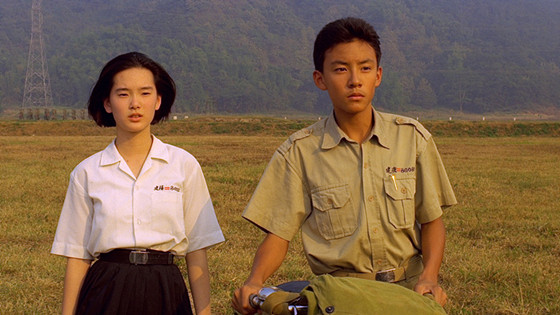
The strength of Edward Yang’s A Brighter Summer Day” lies in its ability to weigh the importance of the narrative in terms of attention. With an appropriate understanding of the numerous possibilities of the given/written story, Yang achieves his best in slow cinema, one that is extremely engaging to the eye and mind. The story is brimming with romance and the like, which does not leave its enormous length unwarranted.
Critics often pick this film to suggest improvements for the maestro of slow cinema, Lav Diaz’s “Norte, The End of History.” Yang’s earlier work, “Yi Yi,” received enormous critical acclaim, but could not keep the primal motivations of the story in place.
Countless versions of such a plotline have been made before, but never like “A Brighter Summer Day.” Yang’s signature move is to stick to a basic story, but at the same time giving it enough space to bloom into a reality of tragedies and life.
6. Jeanne Dielman, 23 Commerce Quay, 1080 Brussels (1975)
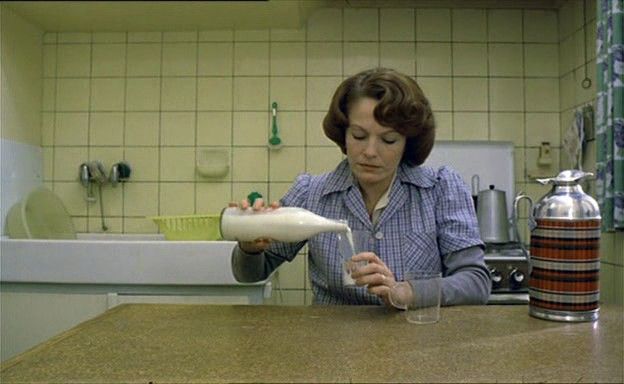
This film comes from one of the legendary experimental filmmakers, Chantal Akerman. “Jeanne Dielman, 23 Commerce Quay, 1080 Brussels” explores the life of a woman over the course of 72 hours.
Spread over three-and-a-half hours, the film does not try to overtly progress apart from the chores that the woman performs through her days. These chores are then weaved into the little details that the audience needs to see in order to experience the pressure created by Akerman. She was just 25 years old when she made this and it is possibly one of her greatest achievements and contributions to cinematic society.
The duration might surprise you, anger you or even scare you, but it will never not make sense to you, that’s for sure. The perspective you acquire after watching is the only one you’ll ever consider important, and that’s what makes its subjectivity all the more engaging. A must-watch take on mundaneness of human life!
5. The Travelling Players (1975)
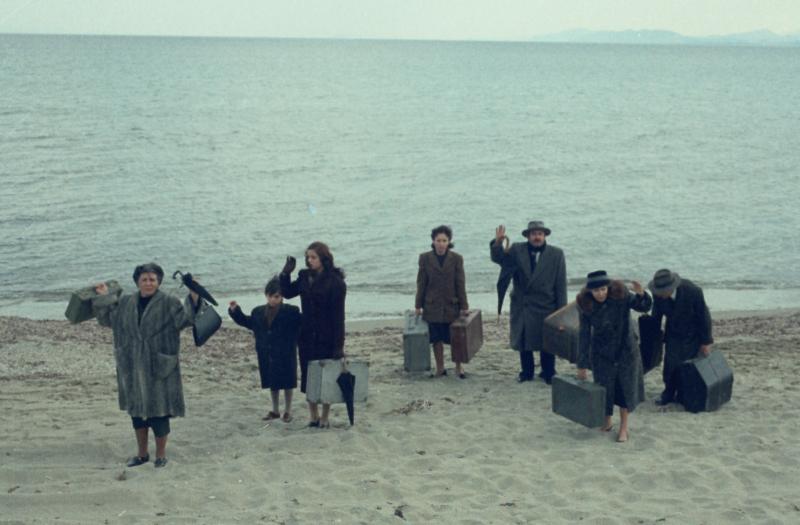
Masterpiece maker Theo Angelopoulos was old enough when this one was released. From his own admittance, you’ll find every little feeling and experience he’s ever gone through in the film. And the result is a thing of beauty that can never elude remembrance and memory of those who watch it.
Stretched over four hours, this film is an exercise in endurance and courage on the part of the filmmaker to have had the patience to create something that’s almost nearing perfection in storytelling and frames.
The film sews up numerous tributary stories within the larger narrative, and is therefore unable to offer autonomy of understanding to its audience, each and every element and character. Time has often been dealt in an ambiguous fashion, a typical Angelopoulos trademark. Tracking human life not through one but so many smaller stories is the maker’s choice to depict the level of intimacy that humans share.
4. Werckmeister Harmonies (2000)
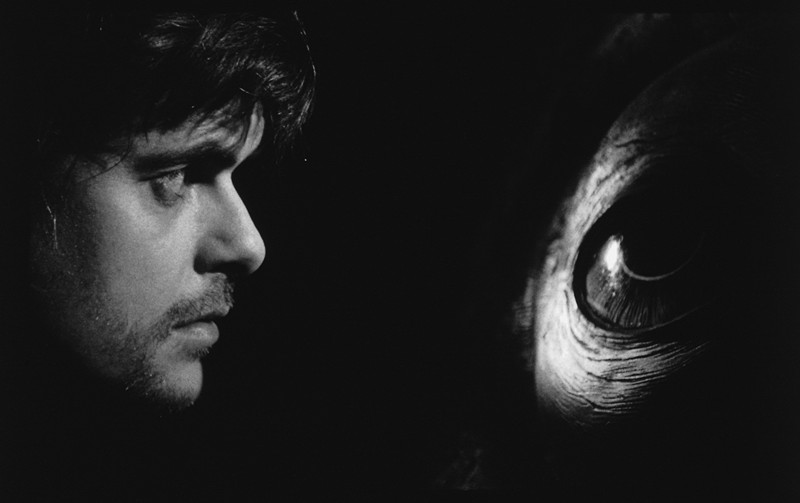
Made by another one of those maestro of slow cinema, Bela Tarr. Funnily enough, this one’s not too long. With a big dash of surrealistic elements, “Werckmeister Harmonies” is a story set in barren Hungary, amidst a town that displeased with the arrival of a sinister circus group.
The nature of the narrative is rather rigid, but sit through and be on the lookout for the stunning imagery used in the film; from the weird barroom dances to the whale sequences, all of it is just a treat to watch on screen.
Word of advice: don’t try and understand everything in the first watch itself, you’d be disappointed. Instead, place your focus on the magical and stellar spectacle-like imagery that often does not come through through mainstream cinema. Only ‘slow’ and hence ‘slow cinema’ can have us invest time and efforts into understanding cinema in this manner.
3. L’Avventura (1960)
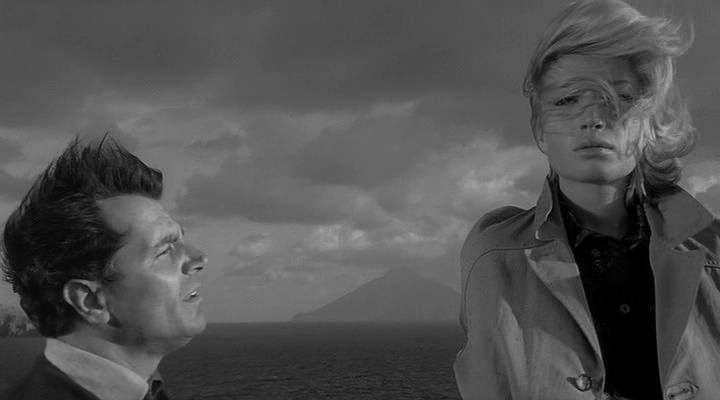
Obscure and bizarre, Michelangelo Antonioni turns this film into a “what would you do if you were” game, that not only tests its own characters, but puts the audience in a dilemma of understanding why the incomprehensive situation that the characters are put into seem so real.
The story of this one revolves around a young girl mysteriously disappearing, while her boyfriend and best friend form an uncomfortable bond with each other whilst on the journey towards finding her.
Without rendering a confirmative closure to the plot, Antonioni dismantles the conventional structure of a film in order to make it unsettling, as unsettling as his characters were in. Don’t be disappointed because this is not a conventional ‘slow’ film, but nevertheless have it tell you more about auteurs and their styles, a more “method-direction” at play.
2. Barry Lyndon (1975)
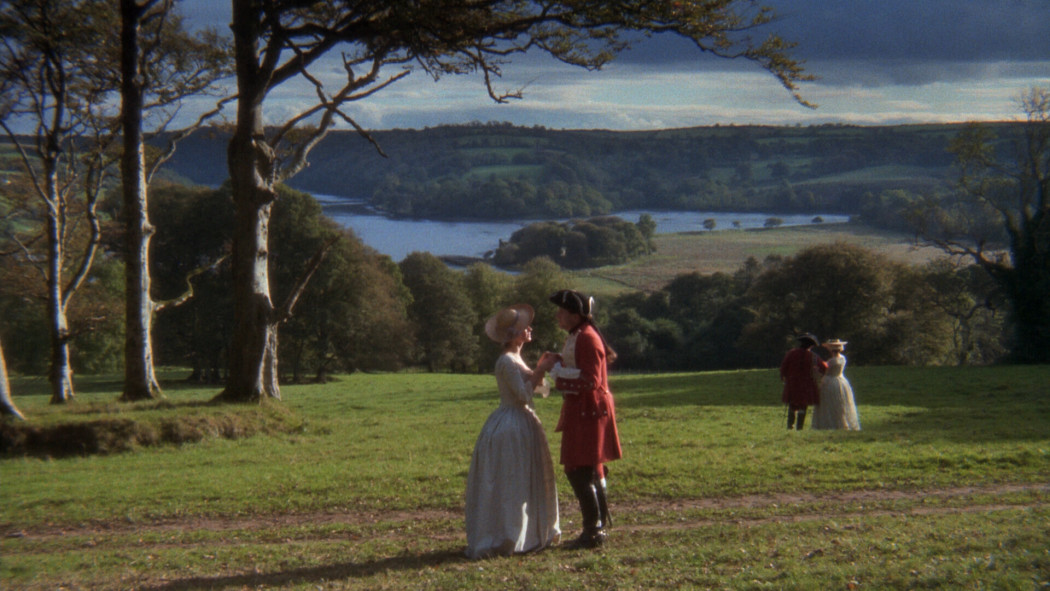
Kubrick’s only slow enough creation would take you about three-and-a-half to watch, but if this filmmaker maestro is your favourite, why not indulge your cinephile soul into it?
Set in the Irish lands, the narrative follows Ryan O’Neal’s humble demeanour and endeavours. If you like to be detached from your narrative, here’s your perfect watch. A man’s journey, traced through his achievements and failures, a tale of a simpleton named Barry and his experiences.
1. Solaris (1972)
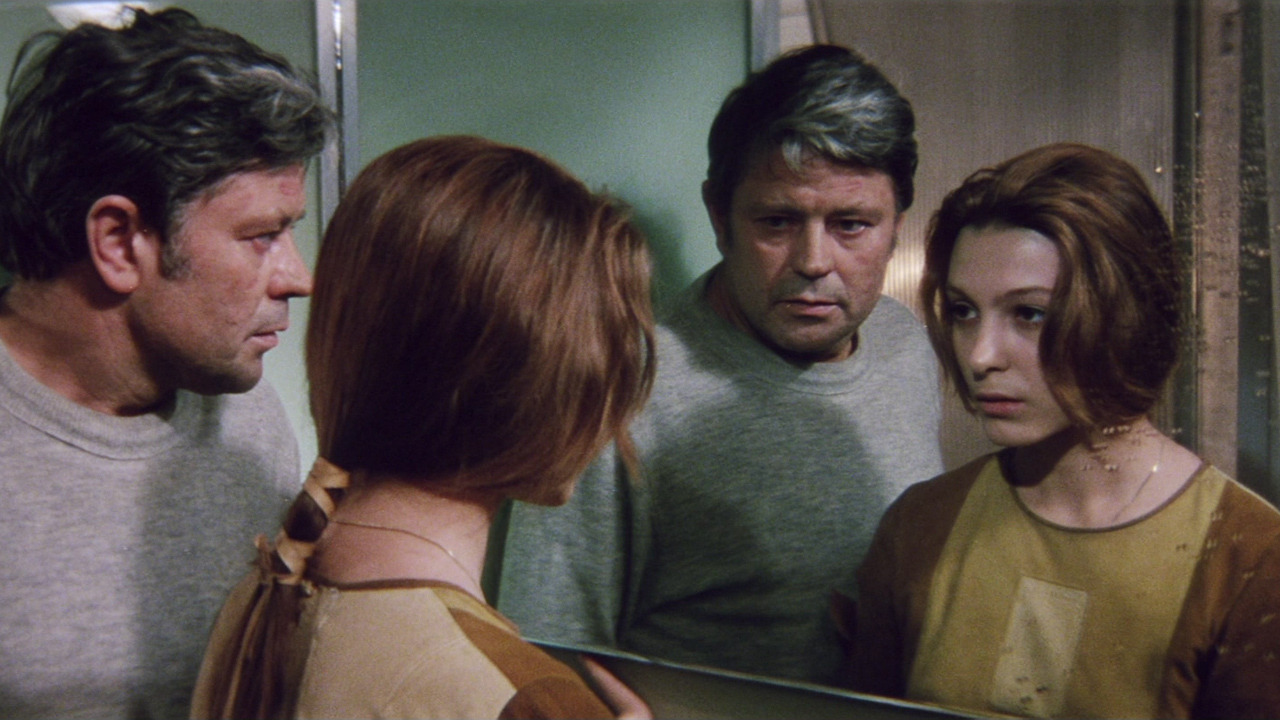
Directed by Andrei Tarkovsky, one of the last pioneers courageous enough to pave the way for slow cinema, “Solaris” is a psychological drama worth three hours of your day.
Minimalist in nature, this one will have you feeling all the creepiness at once with all the occasional references to communism, a tale of a man and his attempts to live with himself.